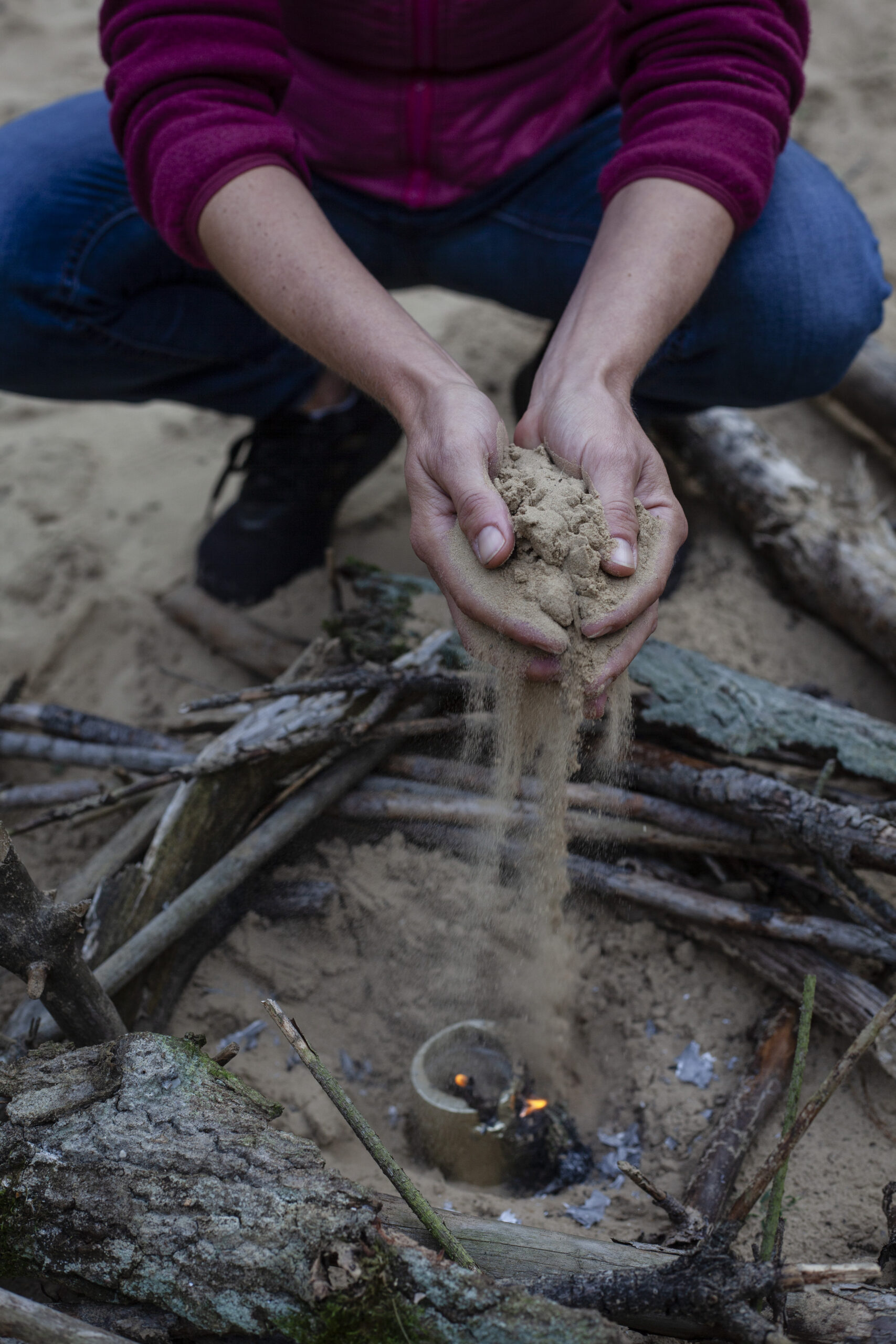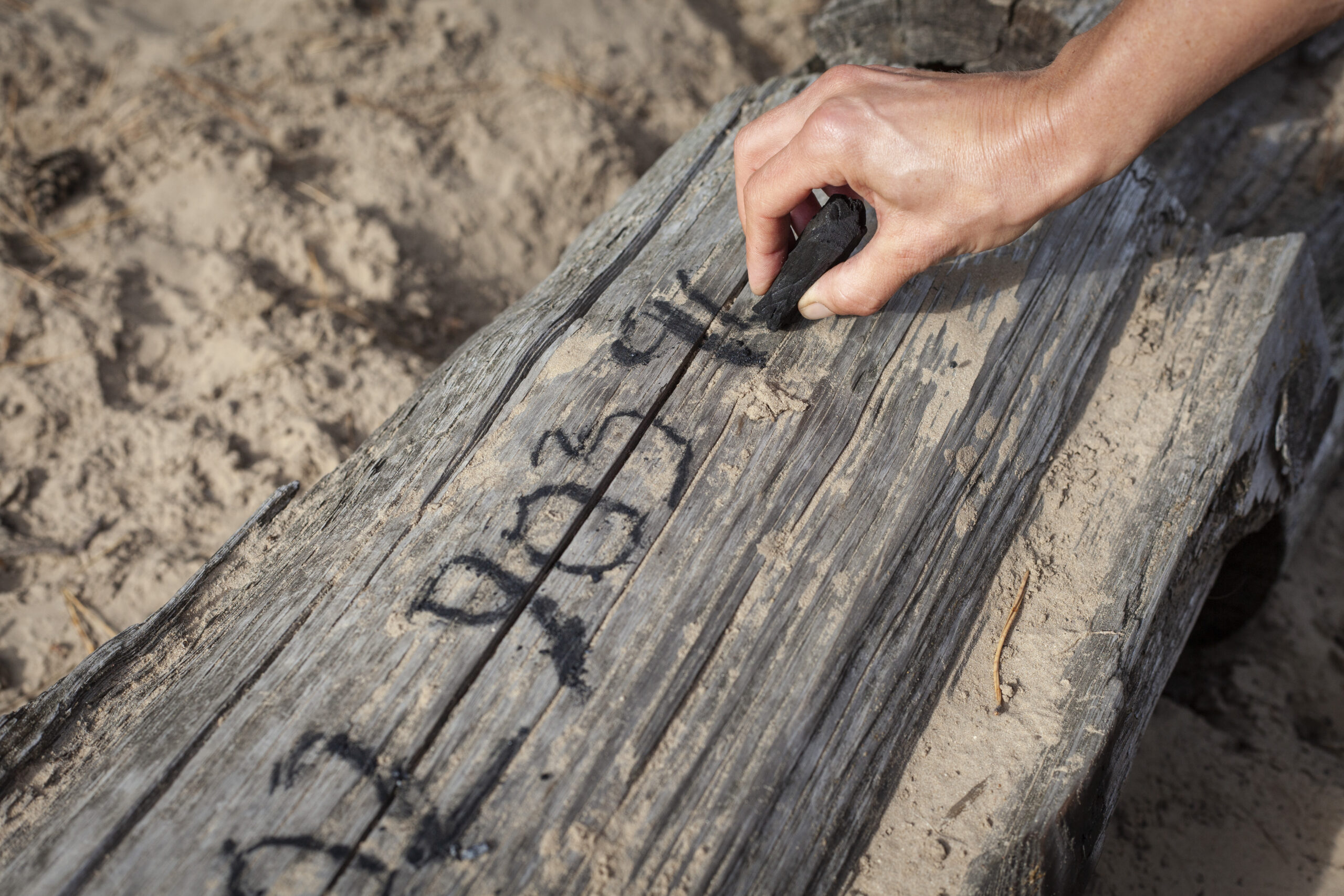
ruins; resurrected is process, ecosystem and wandering. Söllenthin in the Prignitz and Gardelegen in the Altmark became the end points of a spectrum that Michael Rothberg identifies as implication. Which nuances affect the East German body, which narratives are defined by West Germany? Everywhere there are references to pseudo-seclusion, to a narrational hegemony that is destructive and brutal. The much-vaunted denazification is exposed as the myth that symbolises the eternal continuation of European history of violence. With Christa Wolf’s novel “Kassandra”, ruins; resurrected finds a voice that will not be heard and yet has been a warning, a hope, the last bastion of reason for thousands of years. Accompanied by Iris Därmann, Emily Jacir, bell hooks and others, ruins; resurrected (once again) establishes how schizophrenic the self-narrative of the West is, which anchors are as little inviolable as they are peaceful. ruins; resurrected is catharsis, and yet leaves us unredeemed. It recognises that we need to talk, listen, give space, review and rethink everything. Nothing is as it seems and the history of the “Occident” is merely the history of patriarchal violence, never truly progressive, instead redundant and self-referential.
Credits
kassandra von christa wolf, spoken by: ghasal falaki & nicole pearson, nina berfelde
concept, camera, sound, direction, editing, mixing, production: nina berfelde
clarinet „es zieht eine dunkle wolke“: alexander spree



